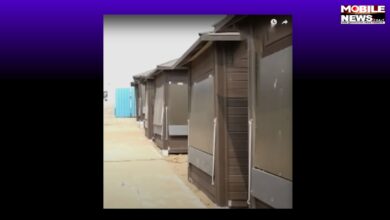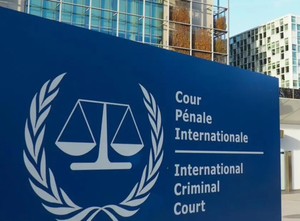
New Delhi, Oct 8 : As north India gears up for Diwali, health experts have advised people, especially those with respiratory illnesses, to enhance their body defences and reduce exposure to air pollutants, especially at home.
With the onset of the festive season, we see an upsurge in the pollution level because of factors like firecrackers, low-wind speed and stubble burning.
This causes a steep rise in air pollution and worsens air quality index (AQI), taking the value to 400 to 500 and even more in certain dense areas in Delhi-NCR and other parts of north India.
“Patients with respiratory symptoms who are having asthma, COPD, lung diseases and other respiratory problems are very prone to a steep rise in air pollution and sometimes, it may require hospitalisation or aggressive course of medication, including ICU and very intensive support,” Mayank Saxena, senior consultant and unit head of pulmonology, Max Super Speciality Hospital, Vaishali, told IANS.
The Delhi government had said last month that it is preparing to spray bio-decomposer in the city farms to curb stubble burning.
The state governments of Punjab and Delhi were also working on finalising a monetary incentive for farmers if they do not burn their paddy residue after harvesting.
According to Rahul Sharma, additional director, pulmonology, Fortis Hospital in Noida, one should limit or cease certain outdoor activities like running, jogging, cycling, gym and other sports during early morning hours.
“It’s better to restrict outdoor activities from November to January. Shift yoga and other activities to evening hours. Avoid sending your kids who are less than seven years of age to school if AQI is higher than 350. Schools must also suspend all outdoor activities and only allow kids to move out in the afternoon hours,” Sharma told IANS.
Use wet mopping with warm water and add a pinch of baking soda in it at home. Do not sweep/mop in morning hours because it will re-suspend all settled particles in the air.
“Wearing a good quality N95/99 mask while riding bike or walking outdoor provides good protection. Using handkerchief also protects to some extent,” he advised.
According to health experts, before you start your car, open the windows to facilitate recirculation between indoor air and outdoor air for two minutes.
“This will help in dilution of CO concentrations. CO is more dangerous and can lead to fatal consequences. Also, run your car AC for some time in indoor circulation. Every car has AC filters which reduce PM2.5 substantially,” said Sharma.
Respiratory illnesses increase during this season due to air pollutants settling down in the atmosphere. Also, respiratory infections increase with viruses and bacteria in the environment.
Ravindra Gupta, head of internal medicine at CK Birla Hospital in Gurugram, said that people need to have proper nutrition with consumption of Vitamin C-rich fruits like amla, and citrus fruits like orange, mausambi etc.
“Doing deep breathing exercises and pranayam will also help improve lung strength in this season,” he advised.
Ventilating your house between 3 p.m. and 5 p.m. everyday is also a good idea as “this is the best time during the day when PM2.5 levels are lowest on a bright sunny day”.






